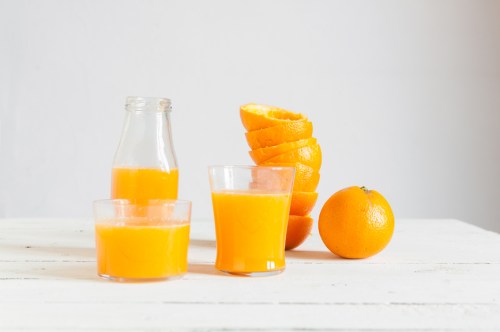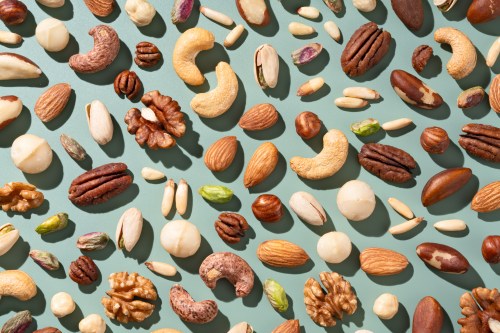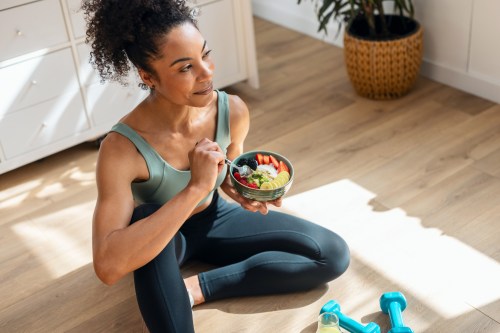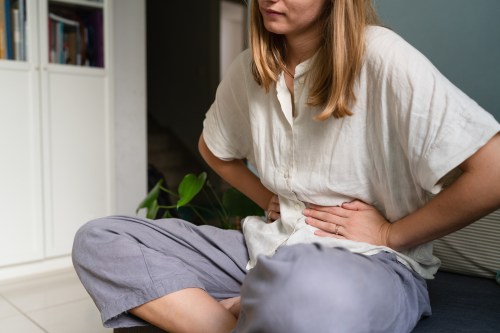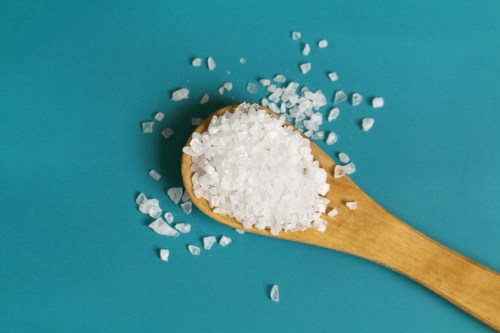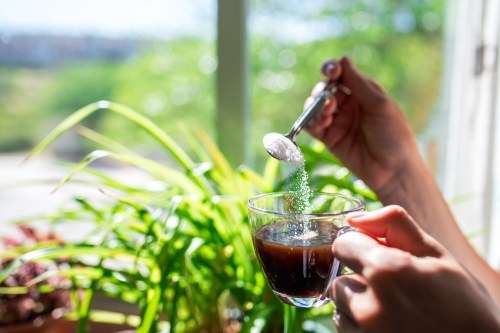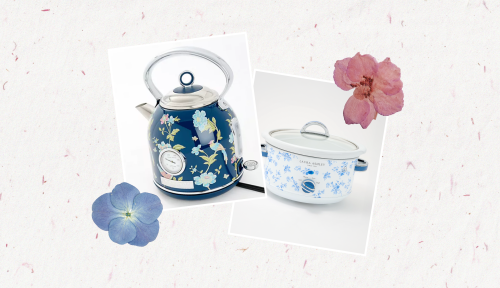When you’re feeling under the weather, the only thing that might sound appetizing is curling up under the covers and eating a bowl of steamy chicken noodle soup or a plate of buttery pastina pasta. Since it seems like staving off the sniffles this season could be a challenge—yes, everyone’s getting sick—it might be time to refresh our memories on the dos and don’ts when it comes to cooking while battling a cold.
Experts in This Article
otolaryngologist affiliated with Community Hospital in Munster, Indiana
After all, projections estimate that this flu season will be the worst since the start of the pandemic, and it’s already resulted in nearly 25 to 51 million flu-related illnesses between October 2022 and February 2023. So, to learn which foods might actually make a cold worse, we spoke with Inna A. Husain, MD, medical director of laryngology at Community Hospital in Munster, Indiana. She shared with Well+Good the top six foods she recommends her patients avoid (because they can exacerbate a cold) in hopes of helping you or your loved ones be well on your way to making a full recovery, stat.
6 foods that might actually make a cold worse, according to an ENT doctor
1. Sugar
Number one on Dr. Husain’s list—unsurprisingly so—is sugar. Why? It’s a major culprit associated with increased inflammation. “It has long been understood that sugar contributes to inflammation due to its effect on white blood cells and our immune system,” Dr. Husain says. “When you are sick with a cold and your upper airway is inflamed, it’s best to avoid high-sugar foods.” Think candy, cookies, and foods with processed sugar, which should be consumed in moderation during the duration of your cold.
2. Alcohol
Although the hair of the dog might be the so-called “remedy” for a hangover, it’s definitely not the case when it comes to a cold. “Alcohol should be avoided at all costs. It contributes to inflammation, affects white blood cells, and leads to dehydration,” Dr. Husain says.
Dr. Husain also notes that alcohol can interact with a lot of prescriptions and over-the-counter cold medications. “In addition, certain alcohols, like beer and wine, contain high levels of histamine that can contribute to further nasal congestion,” she says. And who wants an even stuffier nose than what a box of Kleenex can handle?
3. Dairy
Dealing with a sore throat? According to this ENT, dairy won’t help the cause. “I recommend avoiding dairy when my patients are sick because, contrary to popular opinion, it does not increase post-viral mucus production. Instead, the fat in dairy combines with airway secretions and can create a thick, sticky mixture. This can coat the throat and make you more uncomfortable and feel the need to clear it more, which can further irritate the throat,” Dr. Husain says.
“The fat in dairy combines with airway secretions and can create a thick, sticky mixture. This can coat the throat and make you more uncomfortable and feel the need to clear it more, which can further irritate the throat,” Dr. Husain says.
4. Spicy Foods
Although spicy food might make your nose run when consumed on an ordinary day, it might further irritate your already aching throat when you’re under the weather. “I recommend avoiding spicy foods if you have a sore throat or your stomach is upset because the spice can further irritate the tissue in the throat and stomach,” Dr. Husain says. She also notes that it can promote acid reflux, further irritating an inflamed throat.
However, if your cold is primarily sinus-related, spicy food might be able to act as a natural decongestant since it contains capsaicin (the compound in chili peppers that makes them hot), which can potentially help promote sinus drainage.
5. Refined Carbs
According to Dr. Husain, refined carbohydrates can lead to inflammation, similar to the reaction when consuming processed sweets. “Refined carbohydrates, such as in white bread or saltines, are broken down into sugars quickly, so they can have the same inflammatory effects such as sugary drinks and snacks,” she says.
However, Dr. Husain explains that if your illness is primarily lower GI-related, simple carbs might be easier to digest and the way to go.
6. Orange Juice
Although your first instinct might be to load up on orange juice the moment you feel a tickle in your throat, Dr. Husain says it’s more of a double-edged sword. “Orange juice has vitamin C, which can be good for your immune system, but juices notoriously have high sugar content,” she says. Additionally, citrus can also worsen throat discomfort, especially if you have a sore throat due to its high acidic content, which is why Dr. Husain recommends avoiding it when sick.
On the flip side, Dr. Husain does recommend staying well hydrated with plain ol’ water, eating foods high in fiber (like white bread and whole grains), and stocking up on softer foods that won’t further irritate your throat mucosa and tissue to help mitigate the side effects of a pesky cold.
A quick 20-minute yoga flow for when you’re sick:
Sign Up for Our Daily Newsletter
Get all the latest in wellness, trends, food, fitness, beauty, and more delivered right to your inbox.
Got it, you've been added to our email list.
